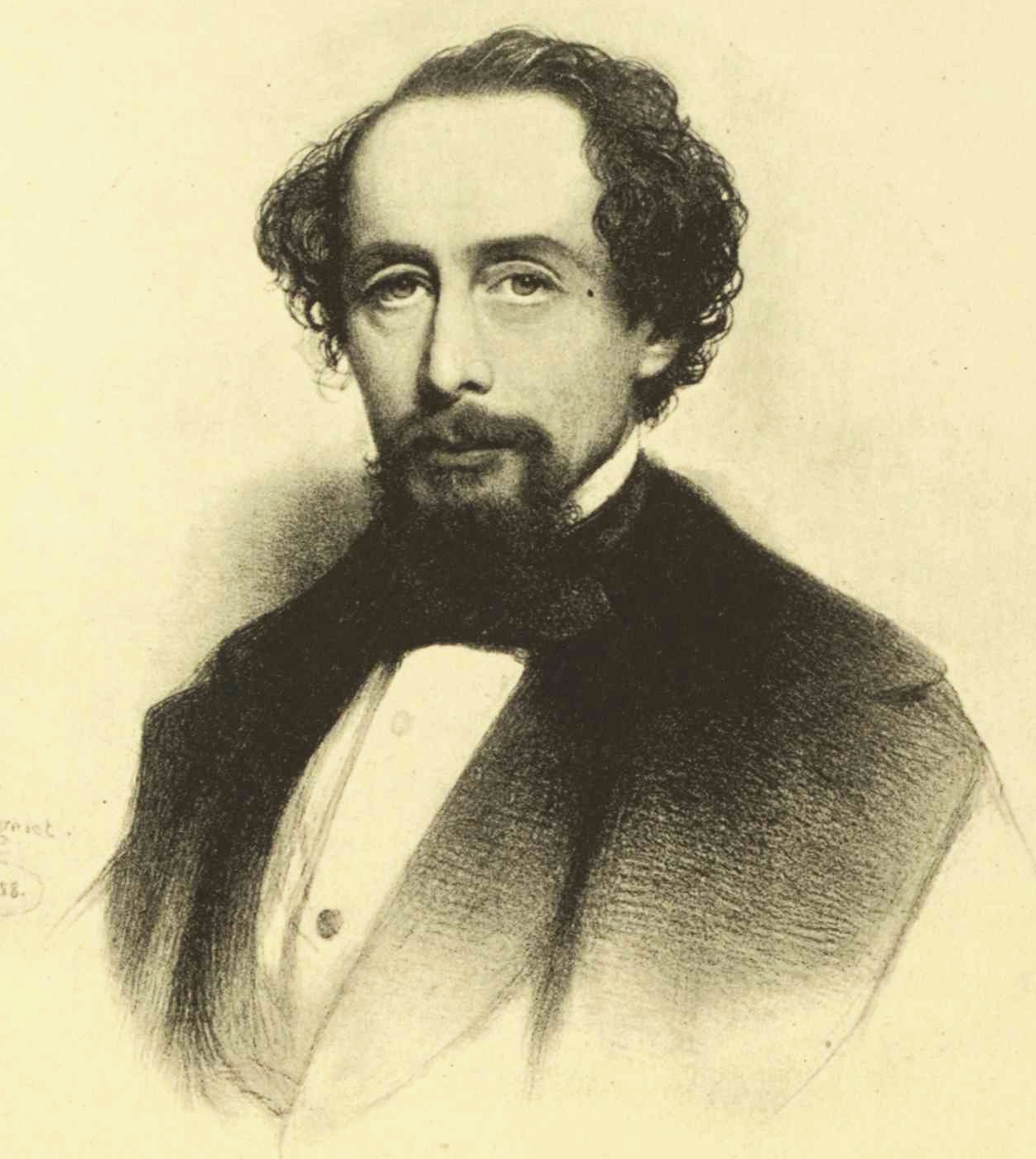
The
Dear Rich Staff is sorry we're not giving you our full attention but we're trying to figure out why our most recent weekly Google Analytics report shows zero visitors since
October 1. Oh we see why! Somebody snatched our tracking code. Was it the Chinese bots? Pardon us while we reinsert our code. Ahh ... that feels better!
Right, you had a question. We're guessing that your primary concern is whether you can ditch the foreign company and go with somebody else without violating the NDA. That shouldn't be a problem, assuming that (1) the document you signed is strictly an NDA, and (2), you don't violate the NDA by giving up any confidential information provided by the foreign company.
Strictly an NDA? Probably you signed a typical NDA that prohibits disclosure of secrets. But be aware that some documents titled Nondisclosure Agreement, Confidentiality Agreement, or even Disclosure Agreement, go beyond just addressing trade secret issues and can include other restrictive provisions -- for example, it may temporarily prohibit solicitations of competitors or contact with customers. So, numero uno, be sure that you didn't sign paperwork that presents additional hurdles. If the agreement is more than an NDA, you may need to consult an attorney.
What can't you do? Assuming it is a straight NDA, keep in mind that their language is often overly restrictive and purposely vague. Those who insist on them sometimes rely on their ambiguity to instill a sense of fear. However, an NDA only prevents disclosure of trade secrets -- confidential information that's unknown by competitors and which is kept confidential via reasonable security efforts. Many such
"secrets" don't qualify as trade secrets, and -- if you're confident that they're not protectible -- you are free to disclose them regardless of the NDA. In other words, if all of the information disclosed to you is publicly available, the foreign company will have no basis to sue under the NDA should you go with someone else.
































